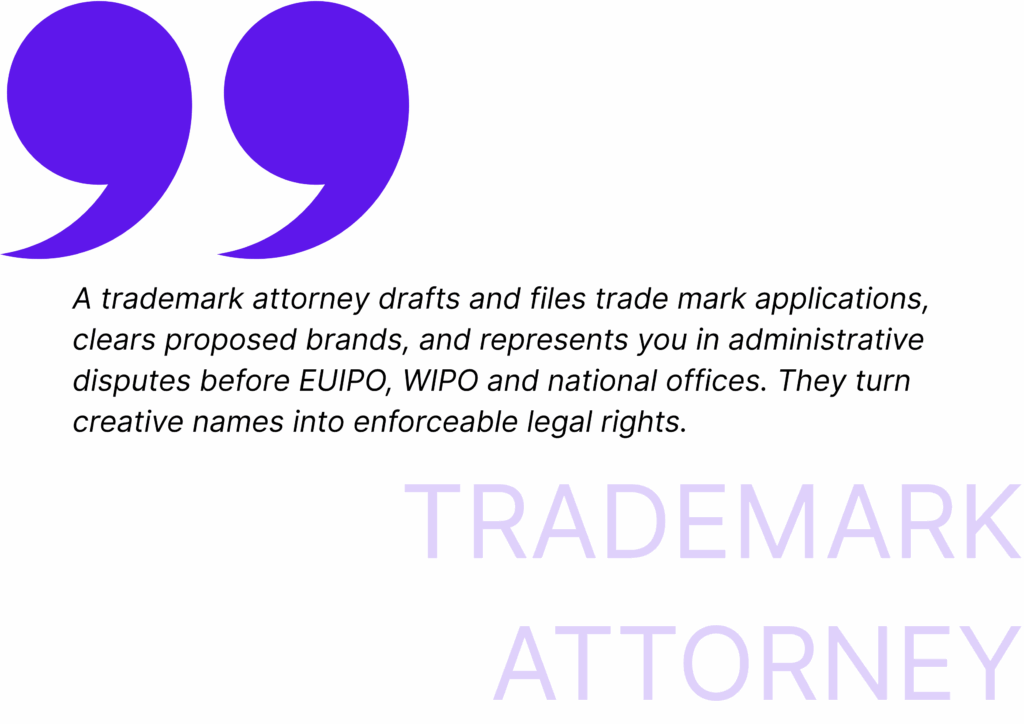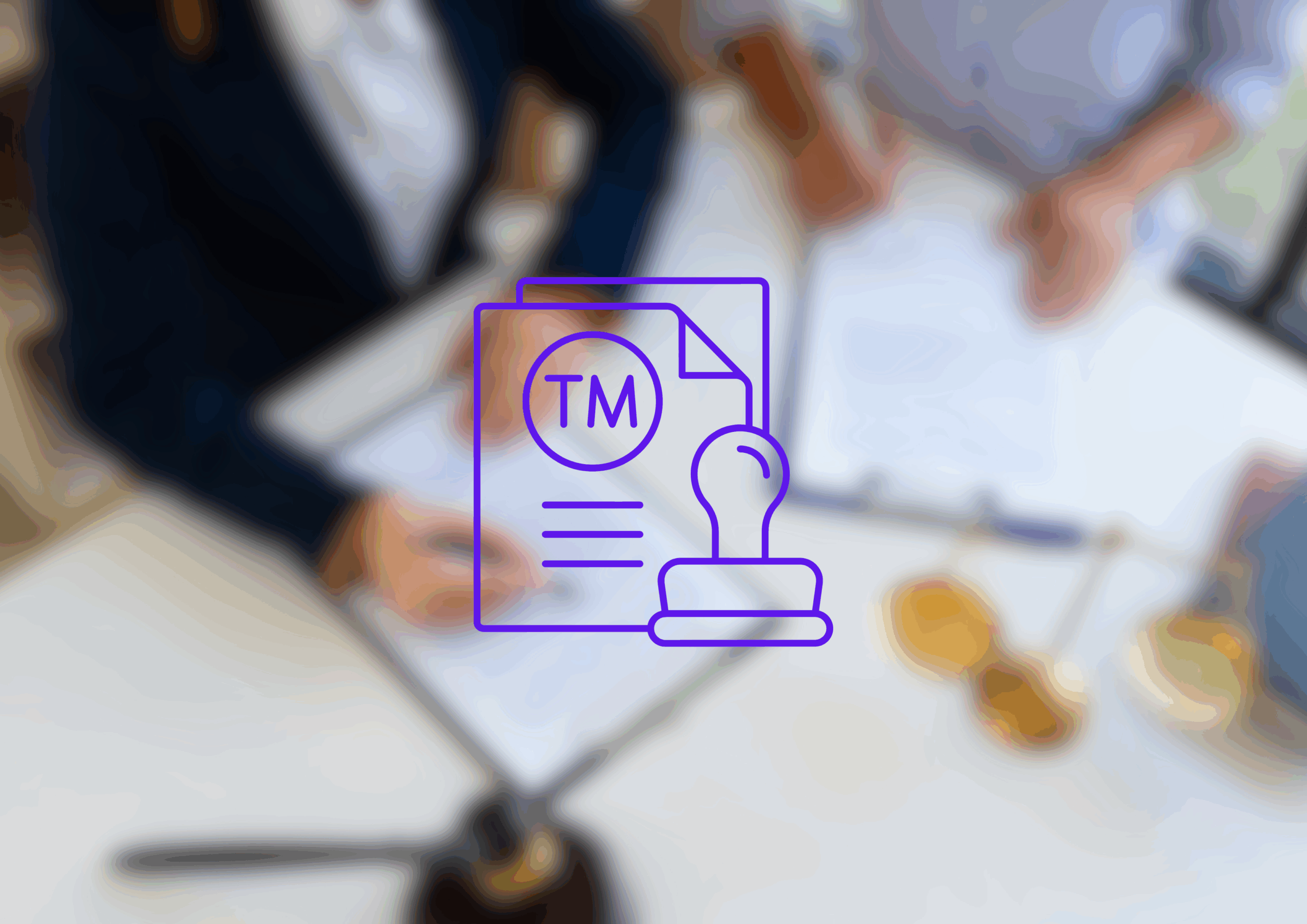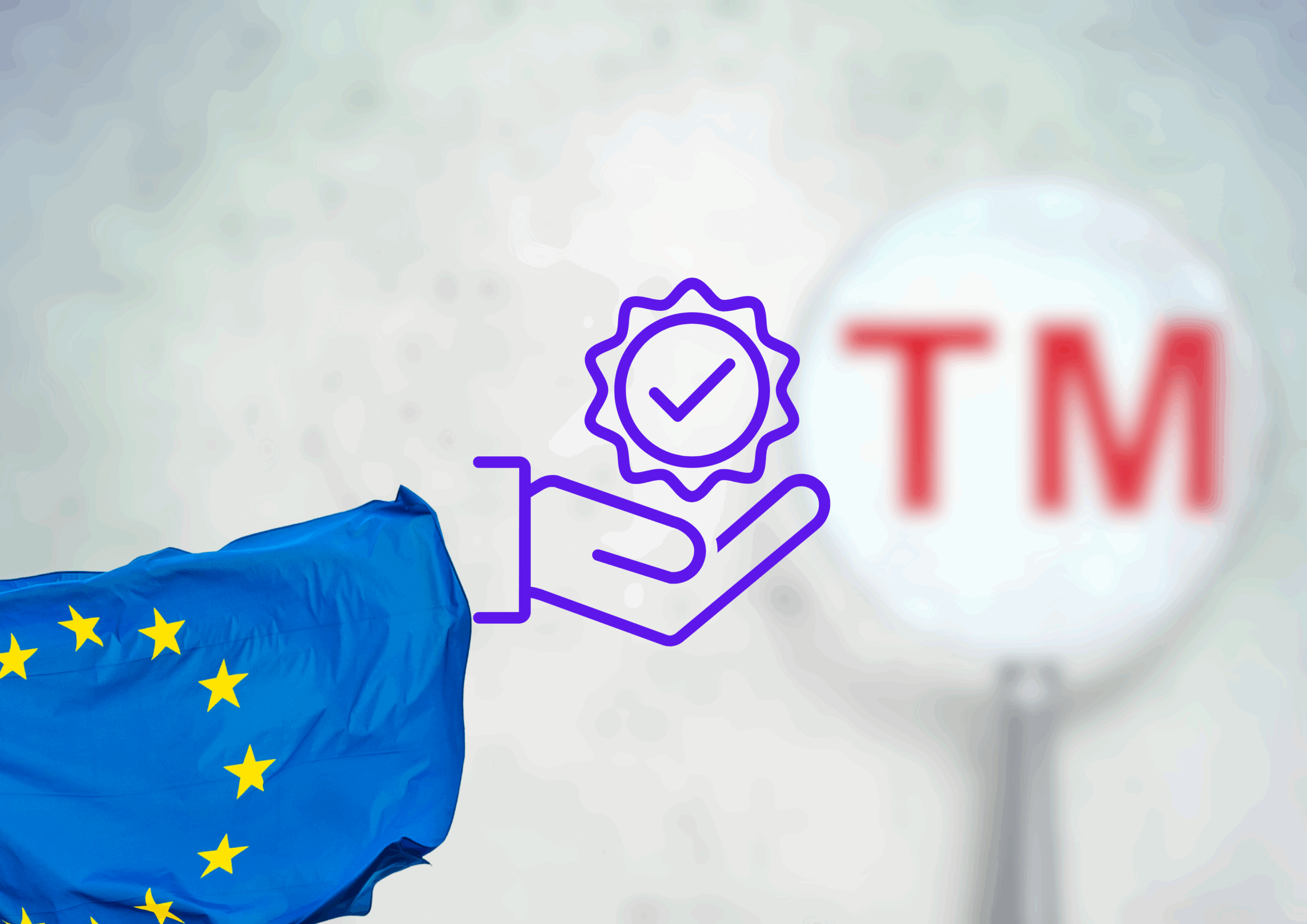A trademark attorney drafts and files trade mark applications, clears proposed brands, and represents you in administrative disputes before EUIPO, WIPO and national offices. They turn creative names into enforceable legal rights.
Trademark attorney : what do they do ?
Moreover, many founders assume that once a logo is designed the legal paperwork writes itself; the reality is less forgiving. A trademark attorney : what do they do ? They begin with an availability search, comparing your mark against millions of active records across classes and territories using proprietary databases and EUIPO tools. They assess similarity in sight, sound and meaning, then draft a specification that balances protection with flexibility. They prepare the power of attorney, translate goods into the EU’s Nice Classification, and calculate fees — €850 for the first class at EUIPO, €50 for each extra, see EUIPO. When the examiner raises objections, they craft technical arguments citing case law such as T‑19/04 ‘Arthur et Félicie’. Should negotiations fail, they can still convert the EU filing into national ones, preserving priority. This blend of strategy and procedural know‑how is why the profession exists.

core tasks
Meanwhile, daily work stretches beyond filing. They draft coexistence agreements, monitor competitor applications, and instruct investigators when suspiciously similar packaging surfaces online. They also record assignments and licence agreements so that ownership chains survive due diligence. By attending INPI or WIPO hearings, they defend against non‑use revocation and bad‑faith attacks. Because communication is key, they translate dense legalese into board‑room friendly slides that let investors gauge risk. Clients rarely see the hours spent coding watch notices or proofreading Madrid Protocol designations, but those invisible steps prevent refusals six months later. When legislation shifts — think of the 2017 EU Trade Mark Directive — they update internal templates overnight. The mix of detective work, drafting, and diplomacy means no two days look alike.
When to call a pro
Consequently, timing determines how much grief you save. Hire a trademark attorney as soon as your marketing team starts brainstorming names; clearance searches cost less than re‑printing 50 000 misbranded cartons. If you already trade under an unregistered sign, call before launching in a new territory — infringement damages multiply per jurisdiction. An attorney is also indispensable once you receive an EUIPO opposition notice: you have two months to settle or file observations, after which default loss looms. They can draft a coexistence deal, buy time with cooling‑off, or counter‑attack with a revocation against the opponent’s earlier mark. Still hesitating? Ask yourself this rhetorical question: would you navigate tax audits alone? Brand audits are no different.
– Failing to search can later double rebranding costs and trigger EU‑wide injunctions.
– Skipping class selection narrows coverage, letting copycats exploit gaps in your brand armour.
– Ignoring official deadlines hands opponents victory by default and destroys investment confidence.
– Responding without evidence invites summary dismissal; attorneys know which annex convinces examiners.
– Neglecting surveillance lets infringers register look‑alikes, weakening your future enforcement hand.
Trademark attorney : Further into deep
Furthermore, the profession has evolved. Automation now handles routine status checks, freeing attorneys to advise on commercialisation clauses, sustainability claims and influencer agreements. At EUIPO a new fast‑track pathway can shave weeks off publication, but only if your list of goods matches the accepted database exactly — miss one comma and the file drops to standard speed. Attorneys stay current by reading Boards of Appeal decisions every morning. A recent case, R 123/2025‑2, confirmed that AI‑generated logos need human oversight to qualify for protection, see EUIPO. Without that insight you could invest millions in a mark that never matures.
Notably, regional differences still matter even within the EU. Germany demands proof of signatory authority for assignments, while Spain enforces absolute grounds more aggressively. Ideas spark progress. An attorney anticipates these nuances, plotting parallel Madrid and national filings to keep investors happy with milestone charts. When Continental kitchens lightly tweak your sauce brand for export, the same professional gathers photographs, purchase receipts and witness statements to build use evidence. Because enforcement starts before the cease‑and‑desist letter, they propose domain name blocking and customs surveillance. That proactive blend converts soft equity into hard exclusivity.
Cost versus value
In short, fees pose less risk than litigation. EUIPO charges €850 for the first class; an opposition can exceed €6000 in attorney time alone. Add potential recall costs and the break‑even calculation becomes obvious. A 2024 WIPO survey put average infringement damages at €160 000 for SMEs. Contrast that with a €2500 fixed‑fee clearance‑plus‑filing package and the pay‑off ratio looks irresistible. Besides, professional representation deters chancers: examiners know a sloppy self‑filing when they see one. Investors will scrutinise your IP budget — credible counsel signals professionalism.
Similarly, investors measure IP strength when pricing equity rounds. A recent study by the European Commission found that companies with at least one registered trade mark secure funding 19 % faster than comparable firms without. Venture capitalists rarely read the full trade mark register but they do notice the attorney’s name on the certificate, interpreting it as a due‑diligence shortcut. Because a mark can be amortised over its useful life under IFRS, the attorney’s invoice effectively converts to a balance‑sheet asset. Try explaining that nuance without professional input: auditors will push back. Attorneys can prepare valuation reports citing comparable assignment prices filed at EUIPO, helping you justify pre‑money valuations. That small boost often offsets their entire fee in a single bridge round.
Choosing the right adviser
On balance, qualifications trump charm. In most EU states the title ‘trademark attorney’ is reserved for those who pass specialised exams and comply with CPD rules. Verify membership of the national professional institute and ask for an estimate in writing. Fee structures differ: some charge hourly, others fixed for predictable tasks, still others hybrid. Request recent examples of failed marks they turned around — honest counsel will explain limits. Finally, check conflicts of interest; you do not want your advisor representing a rival craft‑beer label next door.
regional directories
Likewise, location remains relevant even in a digital economy. EU law lets any qualified representative act before EUIPO, yet local knowledge still wins disputes. A Paris‑based attorney, for instance, knows which INPI examiner dislikes broad Class 25 wording and which court section fast‑tracks seizure orders before fashion week. They also maintain contacts at Chambers of Commerce that publish watchlists of common counterfeit hubs. By checking regional directories such as the UK’s Chartered Institute of Trade Mark Attorneys or Germany’s Bundesverband der Patentanwälte, you can shortlist candidates who specialise in your sector. Read their disciplinary record; sanctions are public. Arrange a 30‑minute call and gauge whether they challenge your assumptions rather than merely agreeing. That early friction signals value. Finally, ask about language skills: drafting in the language of the opposition strengthens your leverage under Article 120 EUTMR.
trade secret and brand overlap
Additionally, trade secrets complement registered rights. A recipe, algorithm or customer list kept confidential under NDAs enjoys indefinite protection provided secrecy is maintained. Because a trademark filing reveals your brand to the world, a seasoned adviser decides which elements stay undisclosed. For instance, Coca‑Cola protects its name via registration but guards its formula as a trade secret. The same dual strategy suits many tech startups: register the word mark ‘MEGABYTE’ for software while keeping the source code private. Attorneys coordinate both channels, ensuring non‑disclosure clauses mirror public declarations so competitors cannot exploit inconsistencies.
Conversely, over‑disclosure can backfire. Publishing too much technical detail in a trade mark description may waive later trade secret claims because the information enters the public domain. Attorneys calibrate descriptions to meet distinctiveness thresholds without revealing secret formulas. They might reference ‘proprietary seasoning blend’ instead of listing spices individually, keeping know‑how hidden yet mark enforceable. That linguistic precision often decides lawsuits. Courts in Italy recently sided with a pasta startup for precisely this reason. Ultimately, proactive trademark strategy costs less than reactive firefighting.
Do I still need a trademark attorney if I use an online filing portal?
Yes. Portals handle data entry; they don’t advise on similarity, evidence, or legal arguments.
Can one attorney represent me worldwide?
Partly. Through WIPO’s Madrid System they can coordinate foreign agents, but local associates still sign off.
How long does EU registration take?
About four to six months with fast‑track and no oppositions; 12‑18 if contested, see EUIPO.





